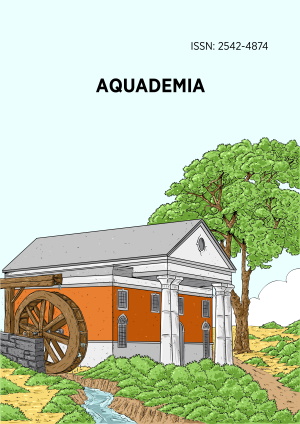Abstract
The main purpose of this research is to analyze the perception of climate change impacts on human health in Bangladesh through data from nationality representative surveys conducted in some district of Bangladesh. In Bangladesh there have a few research has been conducted on public perceptions about the impact of climate change on human health. A structured questionnaire method was conducted, and data collected from 615 respondents. The findings of this study reveal that out of 615 respondents, 76.0% of the respondents replied positively while remaining 24.0%, almost one-fourth of total respondents, indicated that they have not heard the term climate change before. Knowledgeable in climate change, 92.5% of respondents agreed that climate change has an impact on human health while only 7.5% respondents disagreed with this statement. 90.5% of respondents argued that they are agreed with the opinion that climate change is a serious threat to human health. This study will contribute informatively to the scant information on the impacts of climate change affecting human health in Bangladesh. Theoretically, the study will also contribute to the previous literature on the public perceptions of climate change impacts on human health. Furthermore, the results of the study will be very useful for climate change policy makers, especially Ministry of Environment and Forest (MoEF) for the making related policies and mechanisms in order to overcome with current human health impacts in Bangladesh. In addition, the awareness of existence, the impacts, and the causes of climate change will be possible to integrate climate change into policy planning, projects and daily activities as well as make the whole society to participate in the entire process to mitigate climate change.
License
This is an open access article distributed under the Creative Commons Attribution License which permits unrestricted use, distribution, and reproduction in any medium, provided the original work is properly cited.
Article Type: Research Article
AQUADEMIA, Volume 5, Issue 2, 2021, Article No: ep21012
https://doi.org/10.21601/aquademia/11445
Publication date: 24 Dec 2021
Article Views: 2889
Article Downloads: 2820
Open Access References How to cite this article
 Full Text (PDF)
Full Text (PDF)